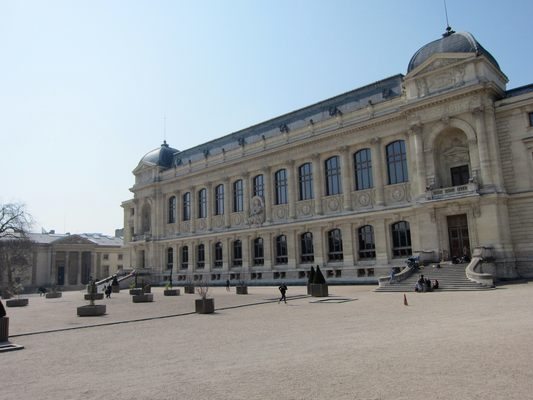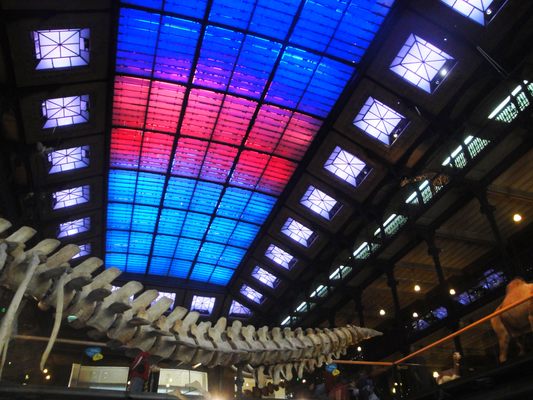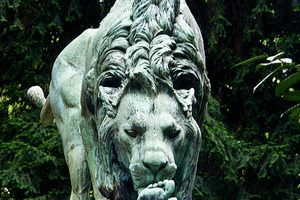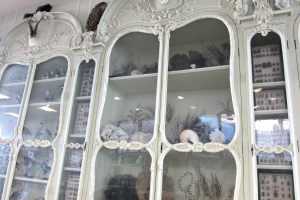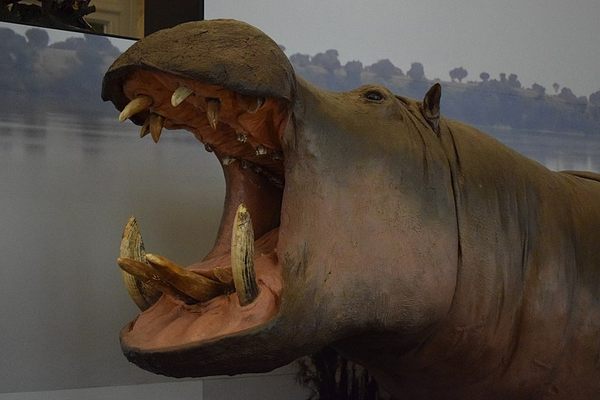About
A procession of taxidermy animals strides down the center of the Grande Galerie de l'Évolution, while thousands of other specimens fill the four floors of the natural history museum.
Birds and monkeys are frozen in movement and a giraffe peers over the railing of one of the upper levels. Biodiversity is the central focus of the museum, the congregation of animals marching in static unison suggesting an emotional unity throughout the species.
Inaugurated in 1889 as the Galerie de Zoologie, the museum fell into disrepair in the mid-1900s, with the ceiling destroyed and the specimens exposed to the elements. A huge renovation was undertaken and the museum reopened in 1994 as the Grande Galerie de l'Évolution.
The first two floors focus on the diversity of the world, the third on humans' impact on the environment, and the fourth on evolution. The third floor also contains La Salle des Espèces Menacées et des Espèces Disparues (The Room of Endangered and Extinct Species). Sun from the glass ceiling and carefully sequenced lights change throughout the day to imitate a stormy sky, bright savannah sun, or the twilight of the day.
The first galleries center on the oceans, with a coral reef, a hall of whale skeletons, penguins, a model of a narwhal, dioramas of the polar regions, and the first preserved example of a giant squid.
French history is entwined in the specimens in the museum. There is a rhinoceros from Louis XV’s menagerie at Versailles, and Siam the elephant who lived in the Parc Zoologique de Paris from 1964 to 1997. There are game trophies from French scientists, explorers, and adventurers, including the Duc d’Orléans, who had a snarling tigress preserved in the same position as when she attacked him in 1887. The taxidermy of the tigress leaping on the back of a luggage laden elephant commemorates his defeat of the animal.
The Grande Galerie de l'Évolution is located in the Jardin des Plantes, where the Muséum national d'histoire naturelle has two other museums: the Galerie de Minéralogie et de Géologie and the Galerie de paléontologie et Anatomie comparée.
Related Tags
Know Before You Go
Take the Metro to Pl. Monge or Jussieu
Published
August 27, 2010





